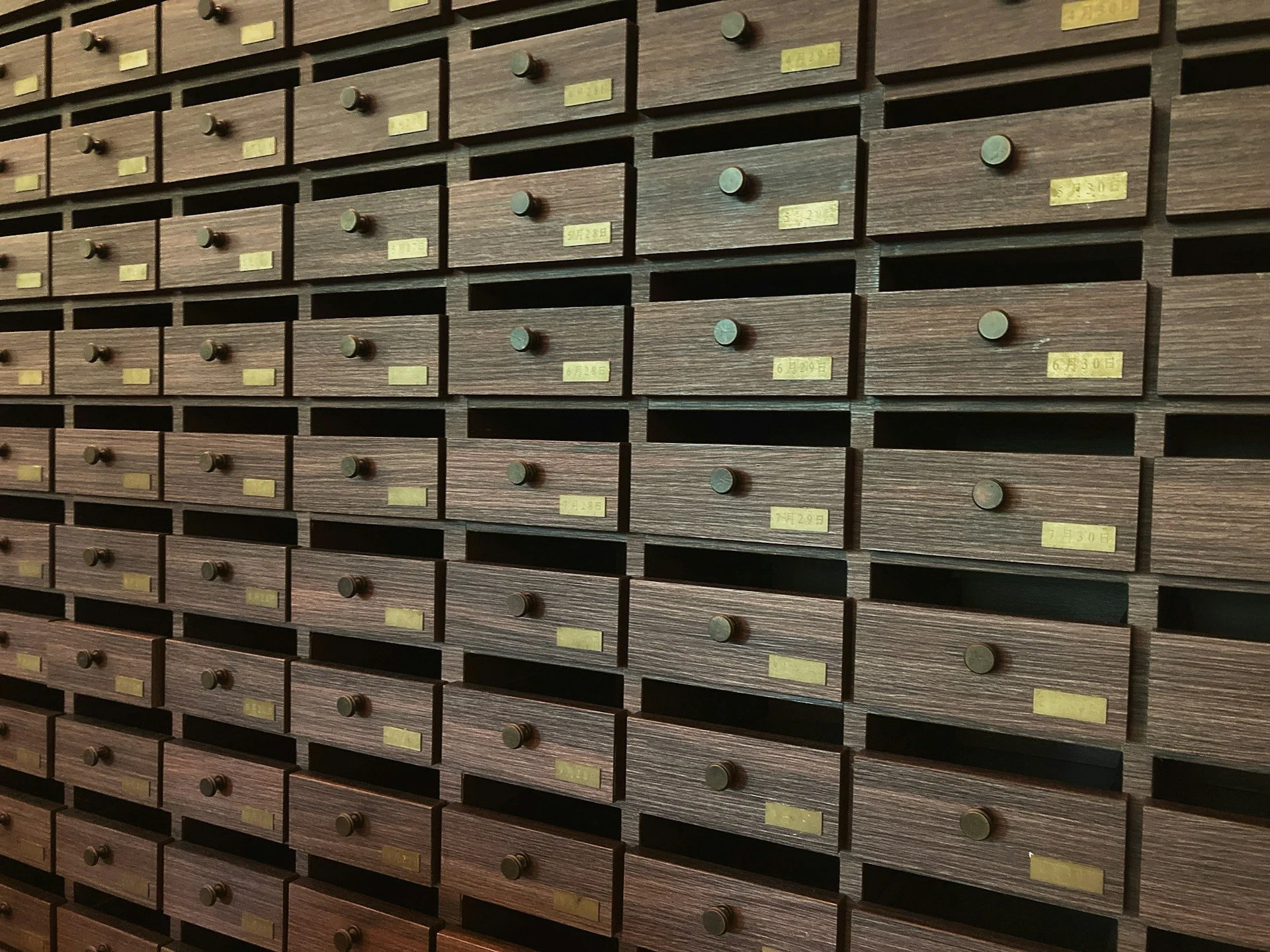Your Brain is Not a USB Stick
Your brain is not a USB stick. You already knew that, but really think about it. Why do we write things down? How and where do we store information? In this article, we are going to discuss why it’s important to find external methods to store information.
The simple answer is that our memories are not as reliable as we think. Many times, we can recall the general outcome of events, but it can be challenging to recall fine details. When we need look up factual information like dates or numbers, we need something more solid than our memories to rely on. Your brain is not a USB stick that has a directory of files.
Case Study: Sasha
Sasha, a bookkeeper told us that in meetings her manager would verbally ask her for the date, amount and time that sales transactions were processed, and expected the correct answer in that moment. Days later, this manager would also forget the information and would ask her about the same transaction in every meeting. Although financial transactions are stored in their accounting software, this manager never went in there to look for this information themselves. Many times, data like this needs to be sorted and referenced later. Eventually Sasha provided her manager with access to their accounting software and invested some time to train them on how to look up sales transactions. Now Sasha doesn’t need to remember these details or get put on the spot in meetings. We need to use external tools and systems to store information because it’s more accurate and reliable than our memories.
Why Record Information in External Systems:
To keep accurate records
To get thoughts out of our heads which make room for new ideas
Because we forget and so that we don’t have to remember anymore
To reduce mental clutter
To organize and reflect our thoughts
To analyze the deeper meaning behind our thoughts
To retain information
To communicate with others effectively
One tip is when listening to verbal information, try to write important notes or ideas down as soon as it comes to you because it’s easy to forget. Even if you don’t think it's important, write it down and you can decide what to do with it later. Does this mean that we all need to walk around with giant notebooks and a pen handy everywhere we go? Actually, that might not be a bad idea. But with today’s technology, we can “write things down” without having to physically write things down. If the information you need to write down is better suited in a record keeping system, it’s best to add it there. If not, there are other places to write down information. There are different types of record keeping systems and tools made for specific types of information.
Some Places to: “Write Things Down”
On paper or a notebook
In a planner (physical or digital)
Add datum in a spreadsheet
Create a task in your selected project management software
Create a record, log or event in your CRM system
Use a transcription tool so that you don’t need to write verbal instructions down in meetings (AI options are available)
Generally speaking, you should file information away much as you can so that it’s easier to find later. In many cases, we can use our smartphones to “write things down” on the go. Depending on the type of information you need to track, think of the best method to store it. For instance, if you need to remember to buy something, add it to your digital shopping list. If you need to track your heart rate when exercising, add it to a spreadsheet. There are many different apps you can use depending on your needs. Try to write things down in a place you won’t forget, and do your best to also create shortcuts for quick access.
If you don’t want to walk around with a notebook or need help with storing factual information, contact us today.
Until next time, stay balanced!




